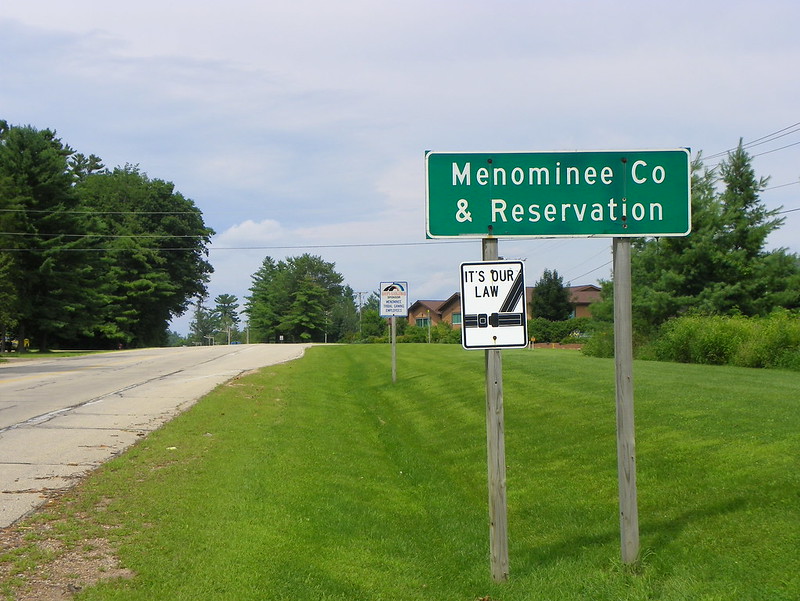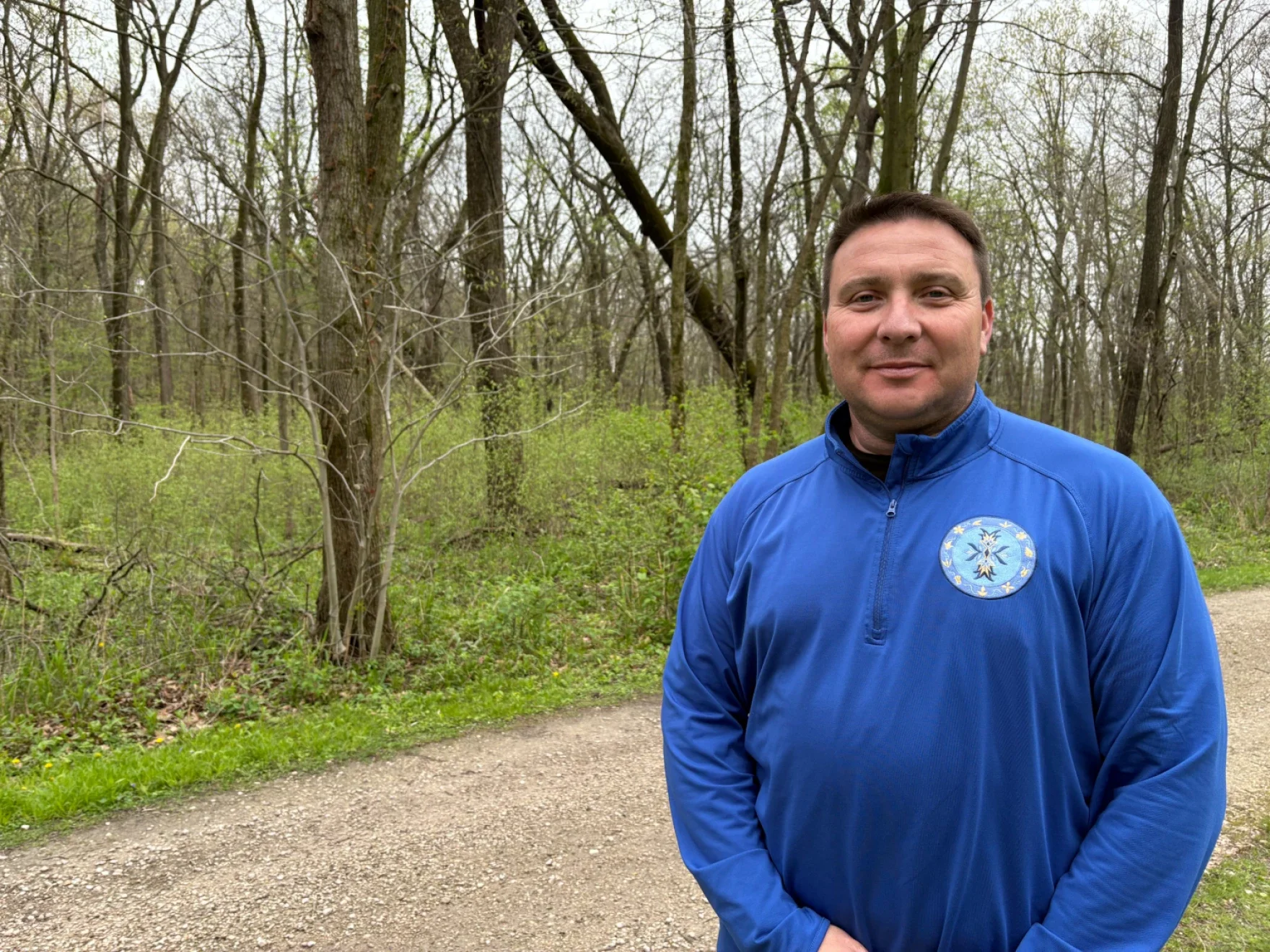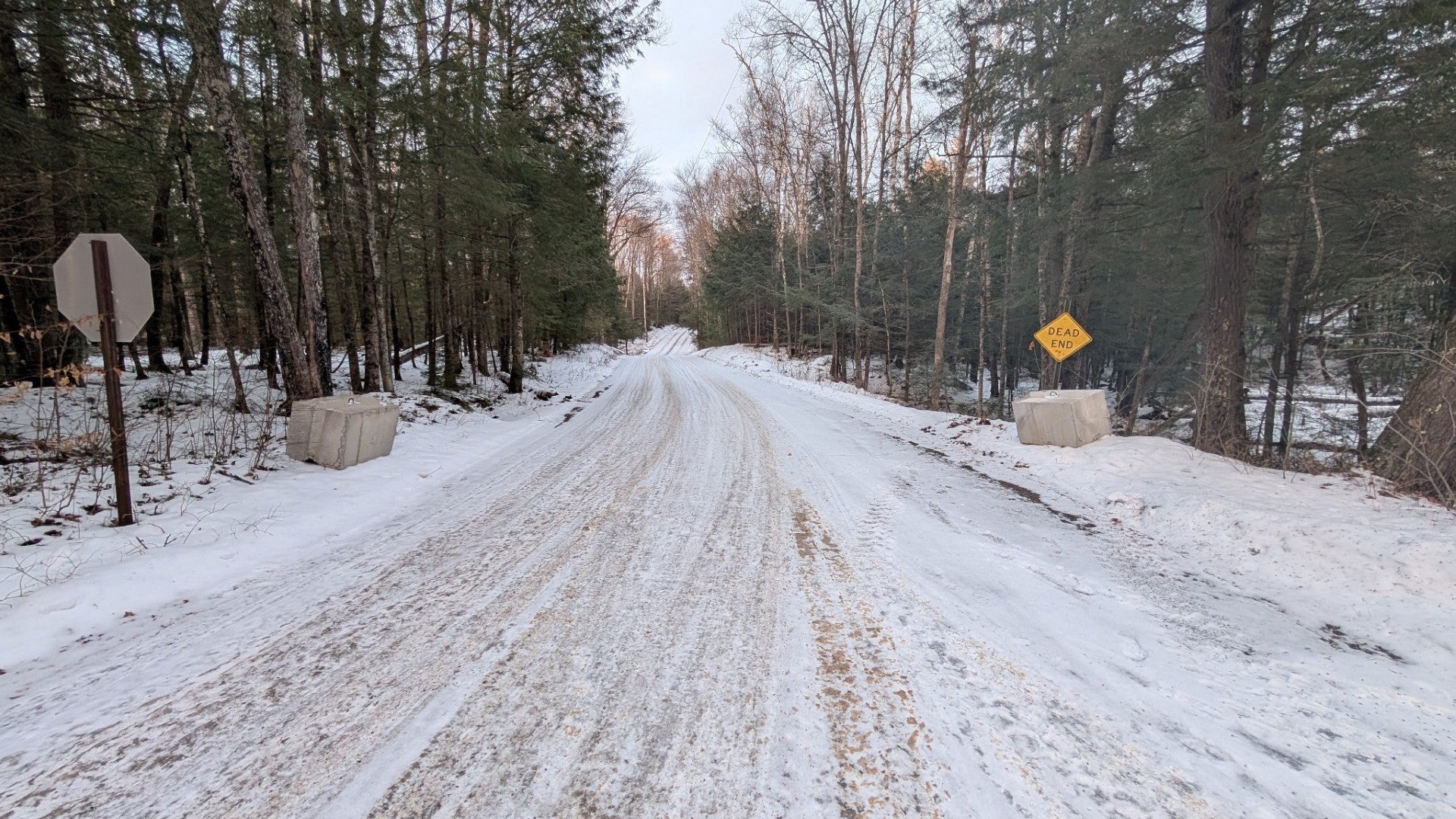The Wisconsin Department of Revenue won’t have to refund Ashland County taxpayers who paid higher taxes after a town decided to remove tribal residents from the tax roll, a state appeals court panel has ruled.
A group of residents in the Town of Sanborn filed a lawsuit on behalf of Ashland County taxpayers against the town board four years ago. They alleged the board passed a resolution in 2007 that illegally removed all land belonging to the Bad River Band of Lake Superior Chippewa and its members from the tax roll.
They also argued the state Department of Revenue failed to stop the town’s “unlawful taxation policy,” creating higher taxes for everyone else until those properties were returned to the tax roll as part of another lawsuit.
News with a little more humanity
WPR’s “Wisconsin Today” newsletter keeps you connected to the state you love without feeling overwhelmed. No paywall. No agenda. No corporate filter.
They claimed the agency owed them and other taxpayers $1.5 million in excessive taxes, but a state appeals court panel disagreed. The panel reversed a previous circuit court ruling granting the taxpayers claims for monetary damages and attorney fees, saying the state is immune from liability.
“(T)he Taxpayers fail to identify or explain any material failing in the Department’s response to the Town’s allegedly rogue tax policy, other than its ultimate decision not to order a reassessment — a decision that the Taxpayers did not appeal,” the ruling states.
The panel ruled Department of Revenue officials took steps to obtain compliance, including warning the town’s assessor that he was engaging in misconduct.
“We’re currently reviewing the decision and taking a closer look at it, but overall, we’re very pleased with the decision,” said Patty Mayers, the agency’s communications director.
Attorney Linda Coleman, who represented residents in the case, said they’re disappointed with the ruling.
“My clients and I are exploring our options,” said Coleman.
The tax dispute stemmed from a federal court ruling in Michigan that found properties owned by tribal members within the boundaries of a reservation were not subject to taxation. Those who brought the lawsuit argued the town removed tribal residents from the tax roll following circulation of that ruling, which doesn’t apply in Wisconsin.
Wisconsin tax laws state land owned by tribal members within reservation boundaries are exempt from taxation if it hasn’t fallen out of tribal member ownership or if it was allotted prior to 1887. The Department of Revenue has also contended that the U.S. Supreme Court has ruled lands are subject to property taxes if they have fallen out of tribal ownership.
Four northern Wisconsin tribes are disputing the agency’s position as part of a federal lawsuit they filed against the state and 11 towns two years ago. They argue only Congress can authorize state taxation in Indian country. A ruling in that case is still pending.
Wisconsin Public Radio, © Copyright 2026, Board of Regents of the University of Wisconsin System and Wisconsin Educational Communications Board.




